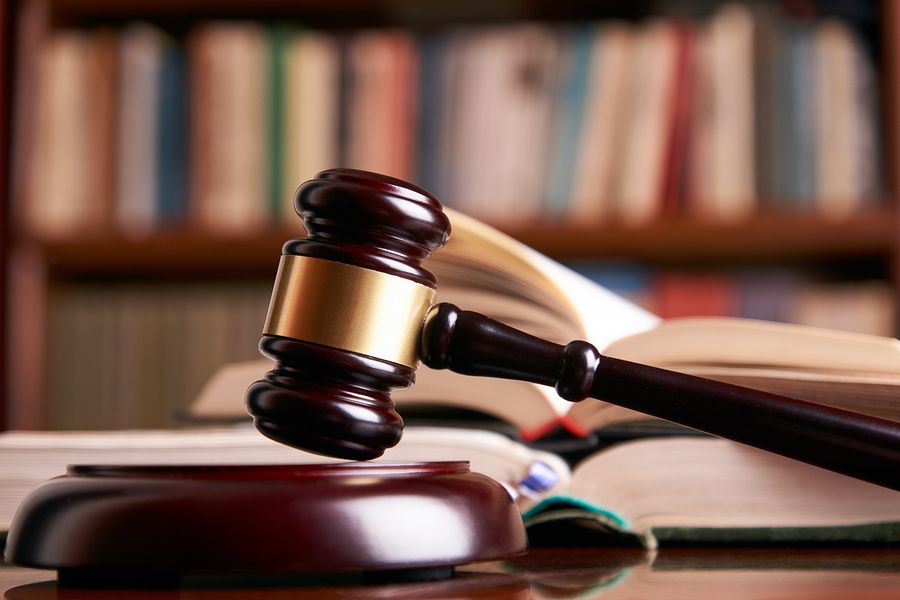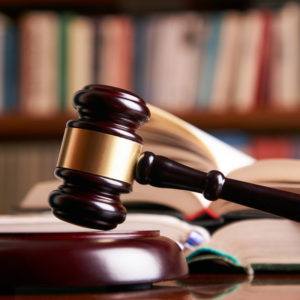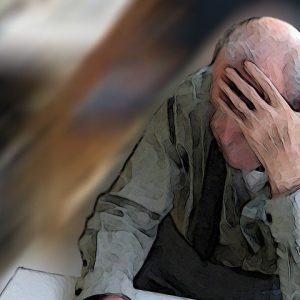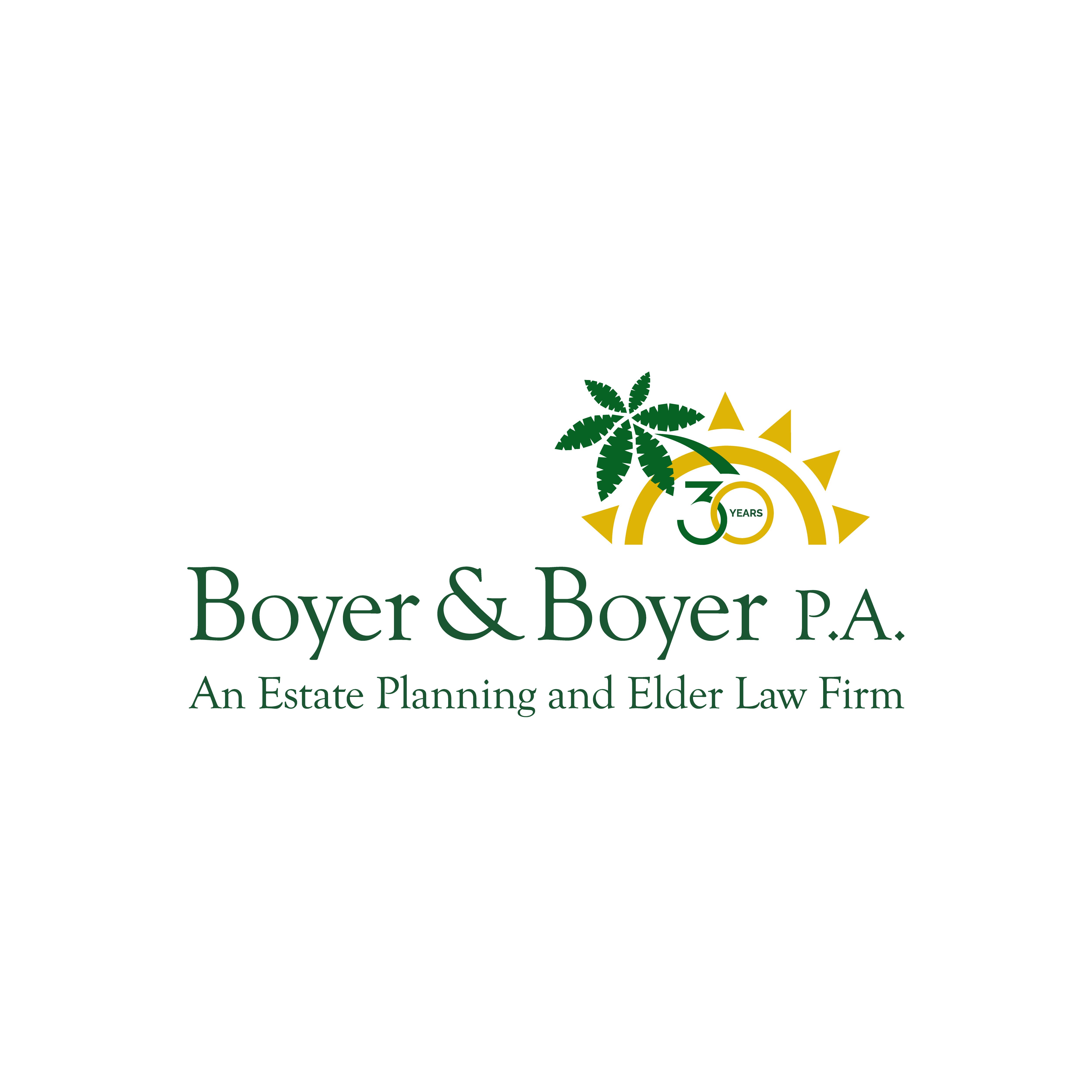
How Wrongful Death Works With Probate by Guest Contributor Bernie Walsh, Esq.
By admin
One of the most traumatic experiences that a family can have is when a family member passes away. Unfortunately, the trauma can be even worse if someone is taken well before their time, through a series of events that are considered easily preventable, but wasn’t.
This is the basis of the wrongful death lawsuit. Negligence is the legal term for careless actions, and if negligence is responsible for someone’s death, then the person or party that was negligent is now legally and financially accountable for the death of that person. However, because there is a death involved in this lawsuit, this adds an extra level of complexity because now there are extra considerations that fall under a process known as probate. But let’s take this a step at a time.
What Is Wrongful Death?
Three legal conditions define wrongful death:
Duty Of Care
This is the first condition, and it indicates that the person, business, or other party being sued for wrongful death had some obligation, or “duty of care.” The circumstances define the duty of care. A person driving a car, for example, has a duty of care to drive responsibly and maintain awareness of—and respond to—road conditions. The owner of a dog has a legal responsibility to ensure the dog is leashed when out in public, and, if the dog is hostile, to restrict the dog from interacting with others at home.
Breach Of Duty Of Care
The next component of wrongful death is proof that the defined duty of care was breached. This varies a lot with the situation. If a person driving a car is drunk, as in the previous example, that would be proof that duty of care was breached since state law is very clear that driving drunk is a criminal act. If a dog owner lets a hostile dog run free on the streets, with eyewitnesses and even video footage, that is, again, a clear breach, since Florida law states dogs can’t be let off the leash in public.
Causation
This is the final component and draws the line establishing that it was the breach of care that caused the wrongful death. This is important as breaking the law, in and of itself, doesn’t automatically mean that wrongful death was the result. If someone is driving drunk, but a person has a heart attack on the street, for example, then the drunk driver, while breaking the law, can’t be said to have caused that death. In the same way, someone that has a hostile dog that runs loose when someone else is jaywalking and hit by a car is not responsible for that death.
However, if a drunk driver strays into the opposing lane of traffic because of falling asleep at the wheel and hits another car, complete with eyewitnesses, dashcam footage, and a breathalyzer test that confirms being over the legal limit, that’s direct causation. In the same way, if the hostile dog directly runs at a child, attacks the child, and kills the child in front of multiple witnesses and cameras, then the dog owner’s failure to leash the dog is direct causation for the child’s death.
Where Probate Comes In
Because death is involved, the victim of a wrongful death incident can’t go to court and seek reparations. It falls on specific individuals to carry out a wrongful death lawsuit if it’s believed the case is worth pursuing.
In Florida, wrongful death lawsuits can be carried out by:
- Victim’s spouse, children, or parents
- Blood relatives, or siblings by adoption that can prove partial or whole financial dependence on the victim
This is where the probate process becomes important.
Probate, and probate law is the handling of a person’s assets and estate after death. Because wrongful death lawsuits are financial in nature, this means that what happens in such a court case—especially if a settlement or successful suit occurs—falls under the mandate of the probate process.
Handling The Lawsuit
Typically, if there is a will, then whoever is the legally designated executor of the will also be likely to be the appointed representative for working with wrongful death attorneys and either negotiating an out of court settlement or seeing the lawsuit through, winning, and securing financial damages.
However, the compensation secured in a lawsuit or settlement, while part of the probate process, is distinct and separate from other probate aspects. The executor of the will, for example, must see that the wishes as defined in the will are carried out, and legally designated heirs get what is stipulated in the will. In the same way, an executor or another representative may also ensure that beneficiaries of life insurance get the payouts that are designated to them.
This is not the case with financial damages from a lawsuit. While there are state laws in place to determine who may be recipients, there are no guarantees that someone that is designated in a will or listed as a life insurance beneficiary is a recipient of a lawsuit financial damages. This is especially true if such recipients aren’t immediate family members.
This is why it’s important always to be closely involved in the probate process.
About The Author:
Bradenton Personal Injury Attorney

A managing partner of Goldman Babboni Fernandez & Walsh, Bernard Walsh is an AV Rated Attorney, and has earned a Superb Rating by AVVO. Bernard Walsh is a Board Member of the Florida Justice Association, The National Trial Lawyers and the Association of Plaintiff Interstate Trucking Lawyers of America (APITLA). Bernard Walsh is also the founder and president of the Manasota Trial Lawyers Board. Bernard Walsh represents clients across southwest Florida for serious personal injury cases from his office in Bradenton, Florida. Learn More About Attorney Bernard Walsh and Injury Law at https://www.justicepays.com




